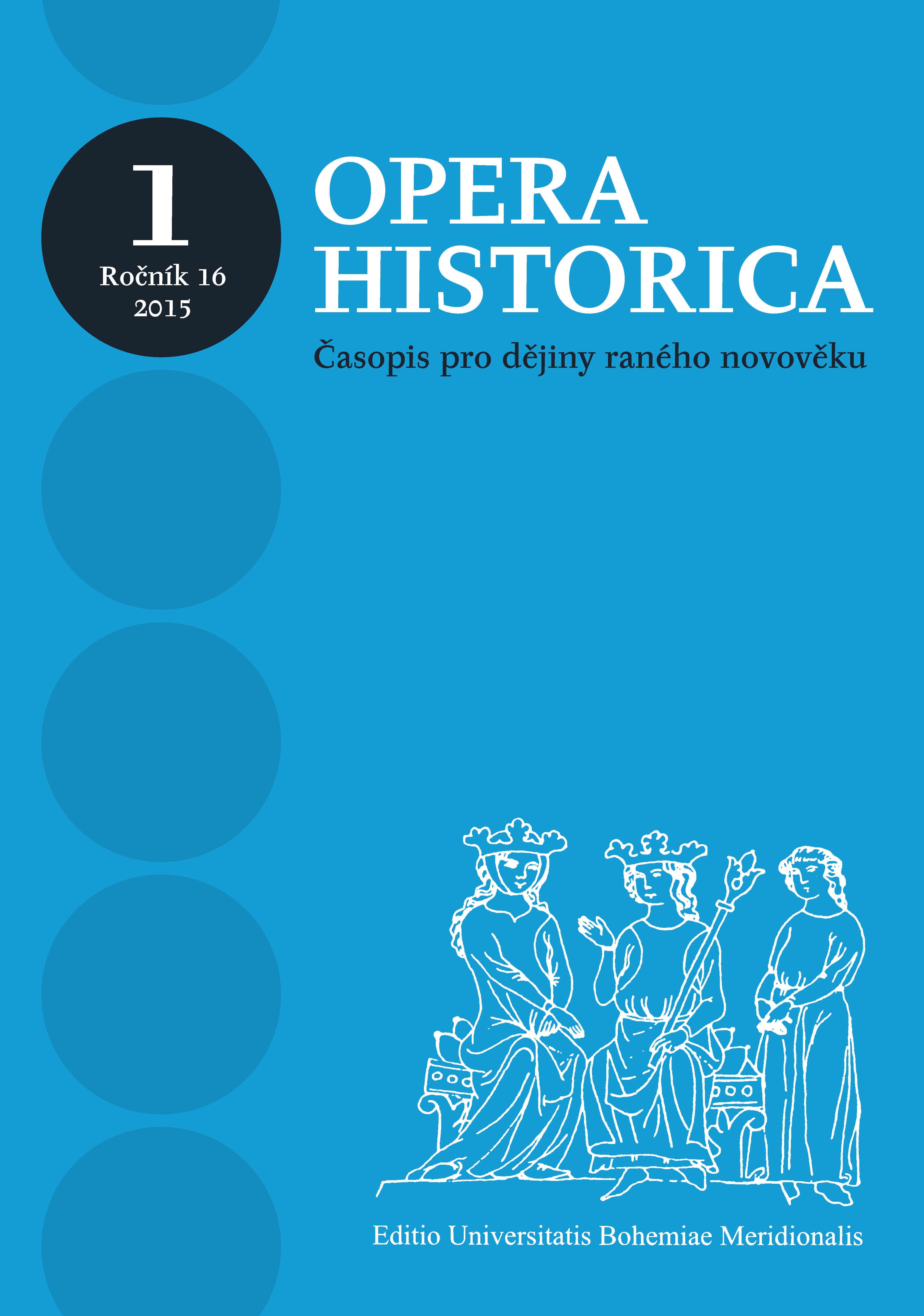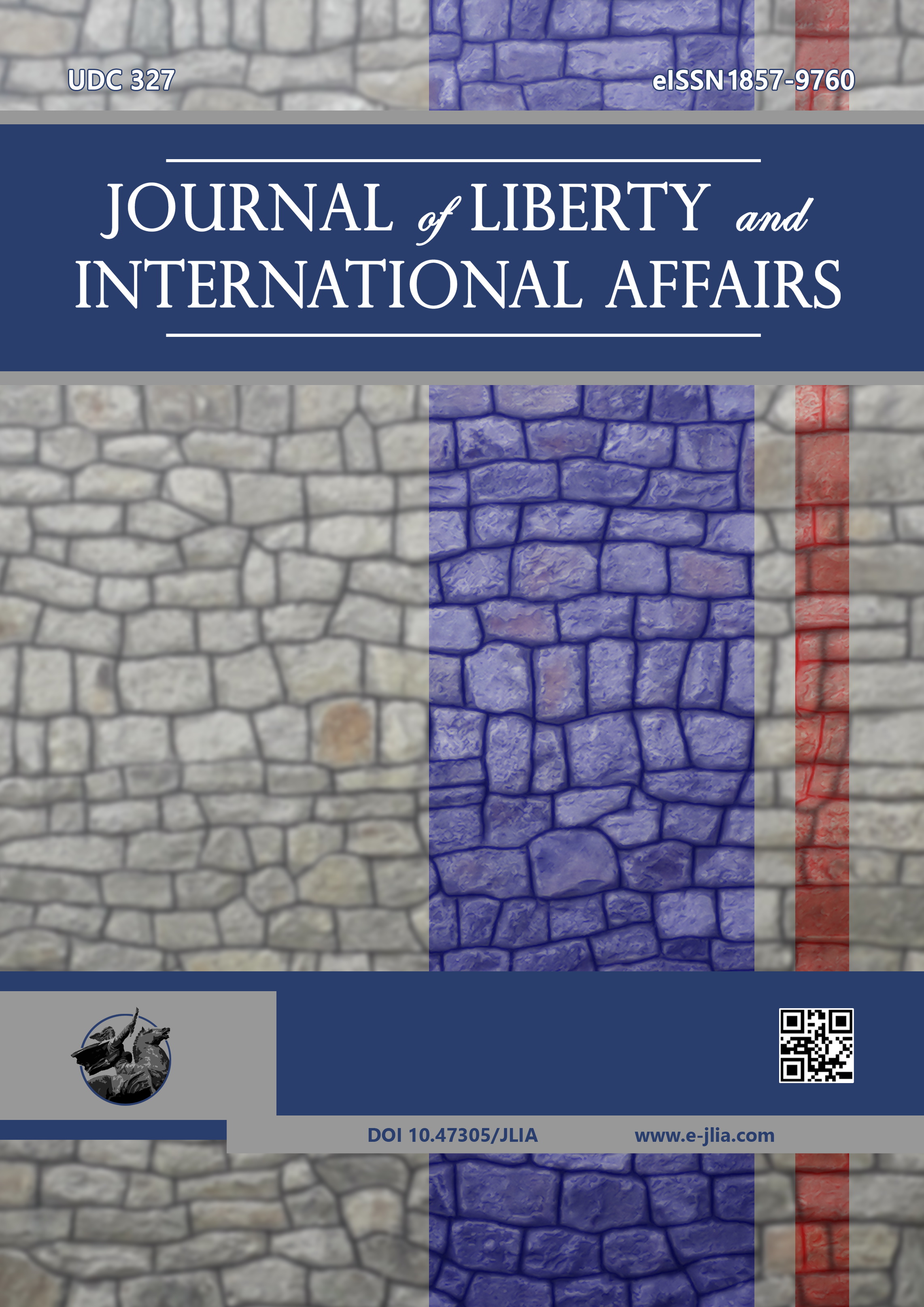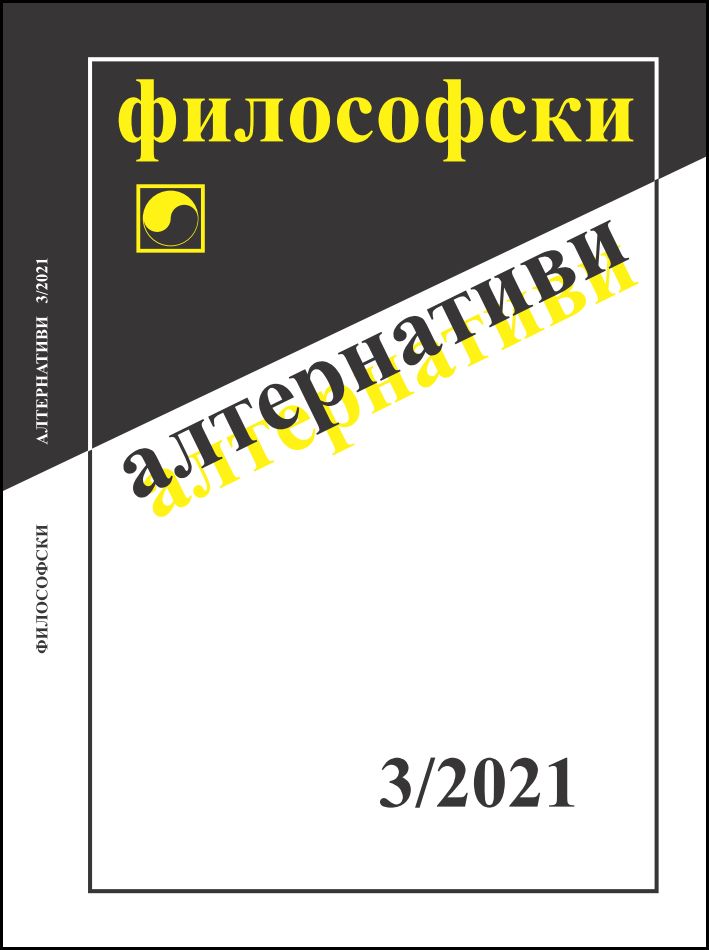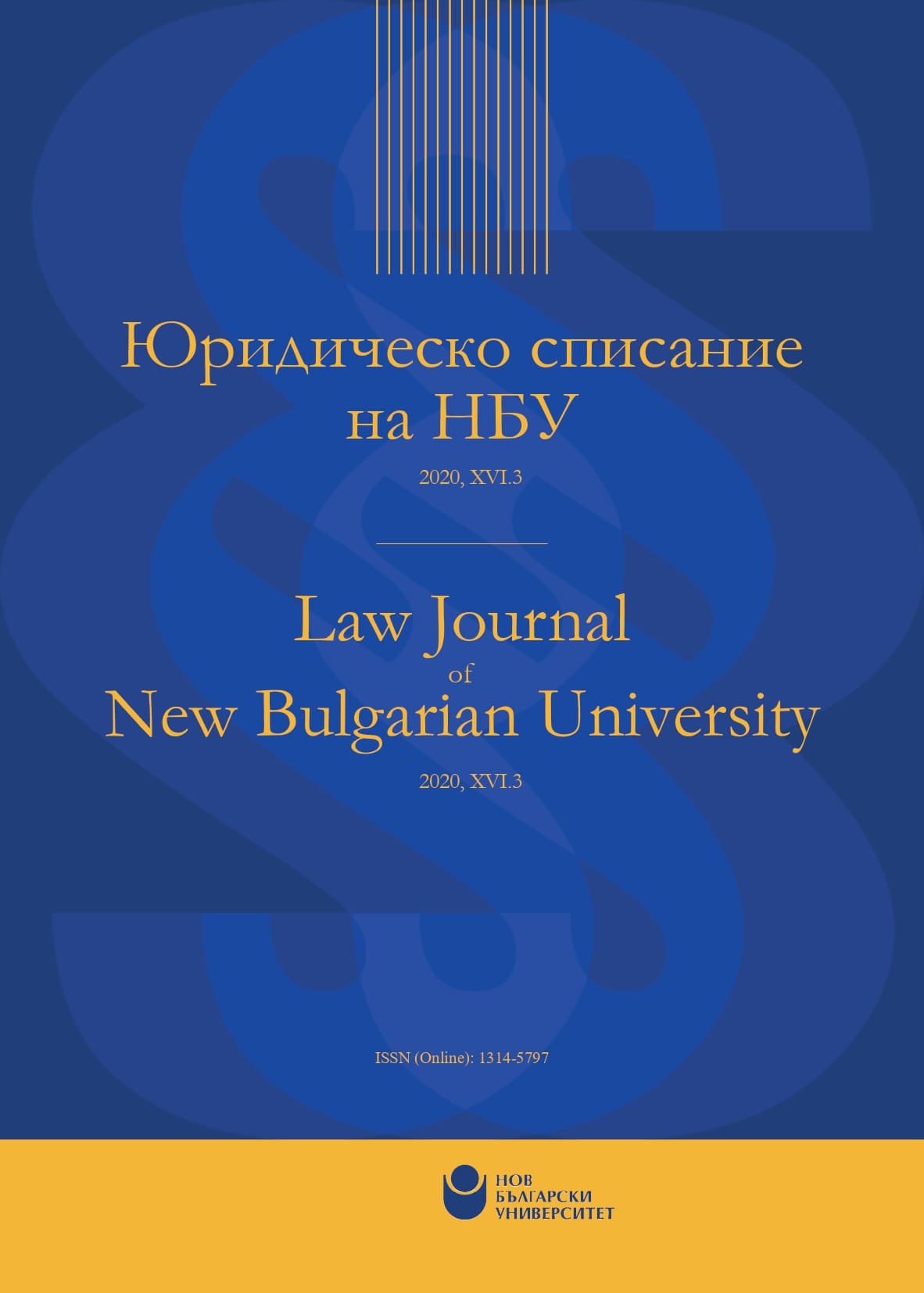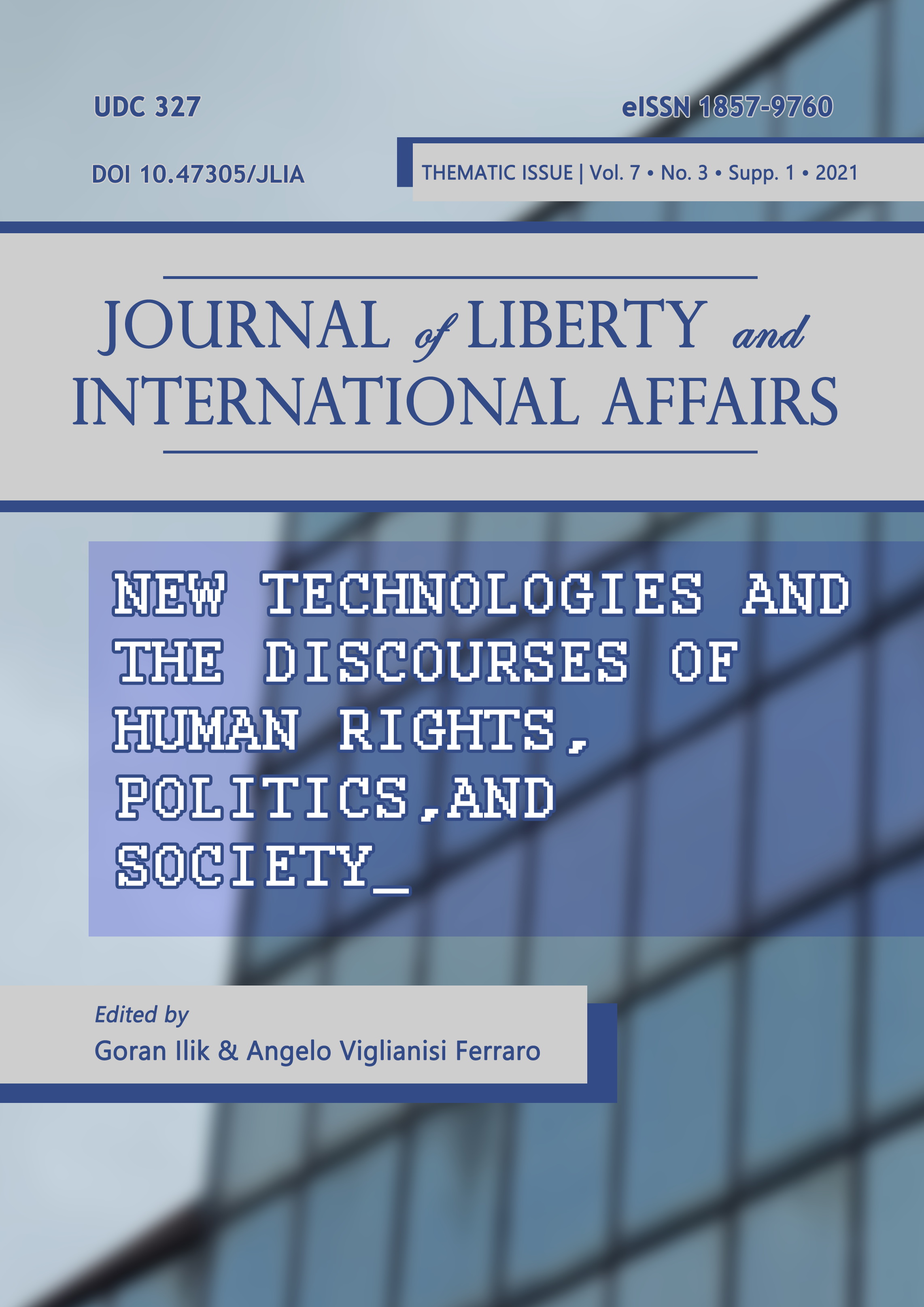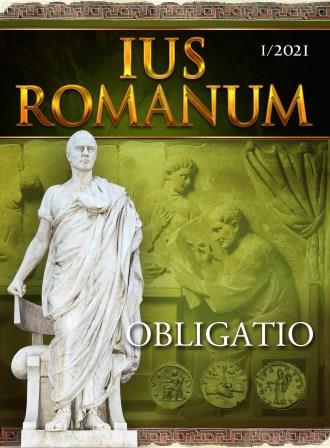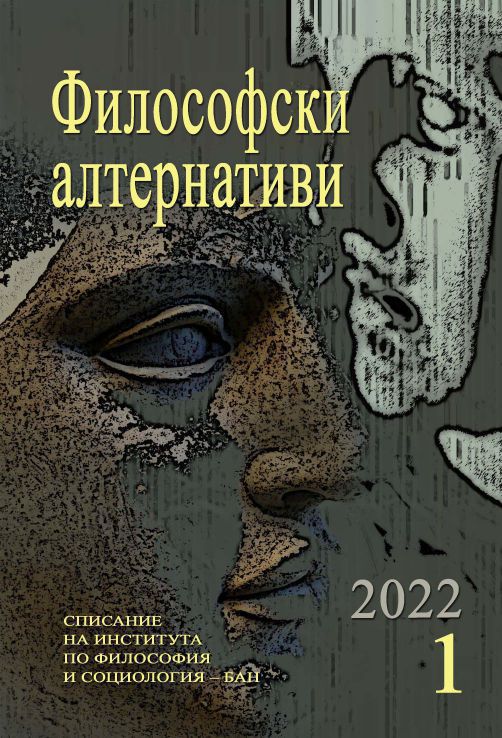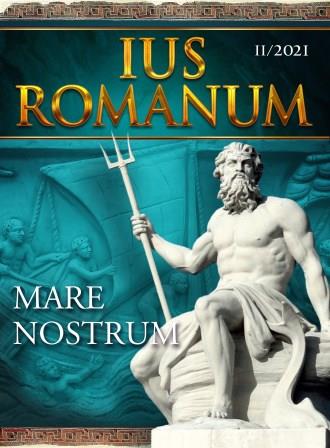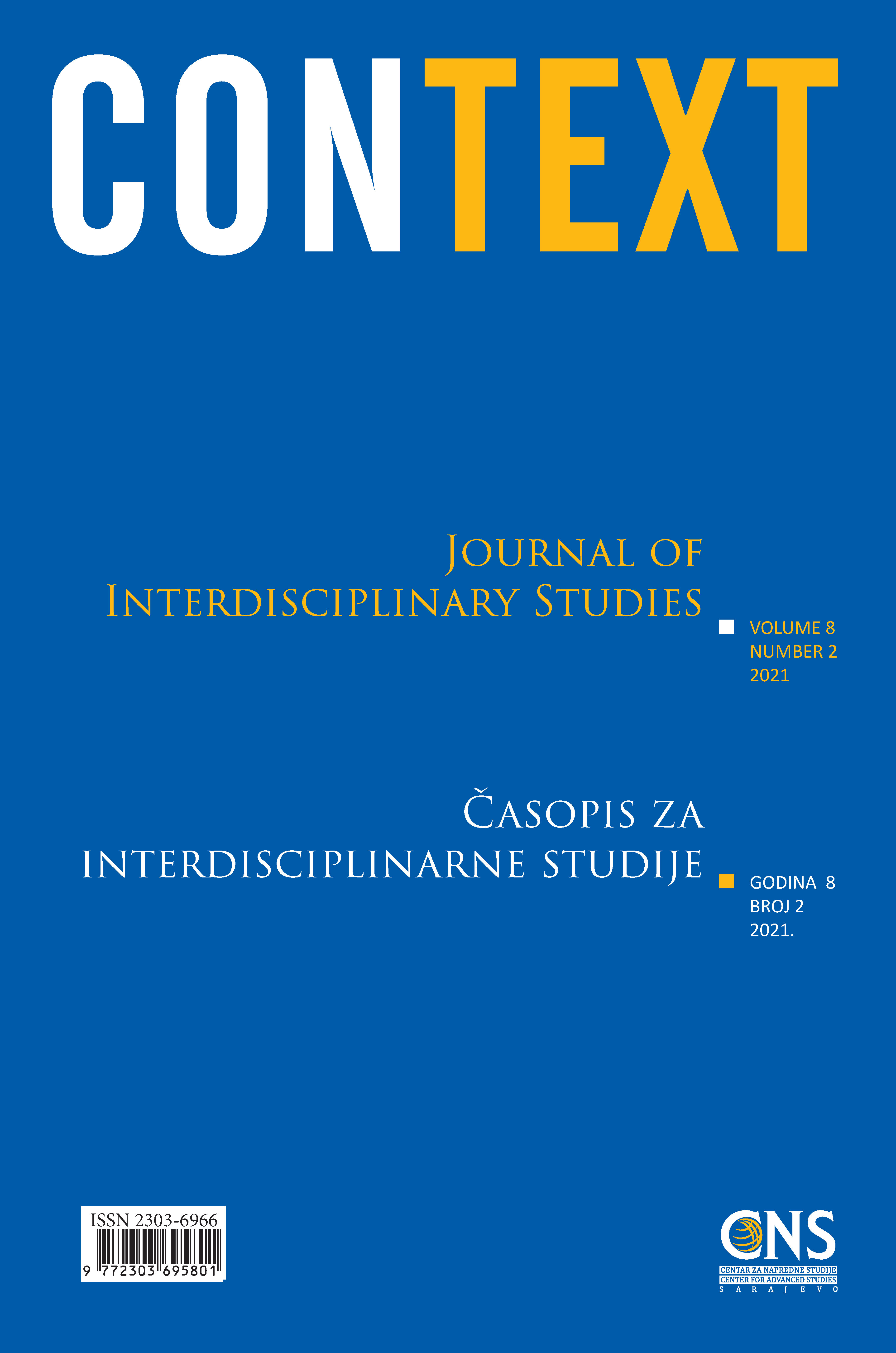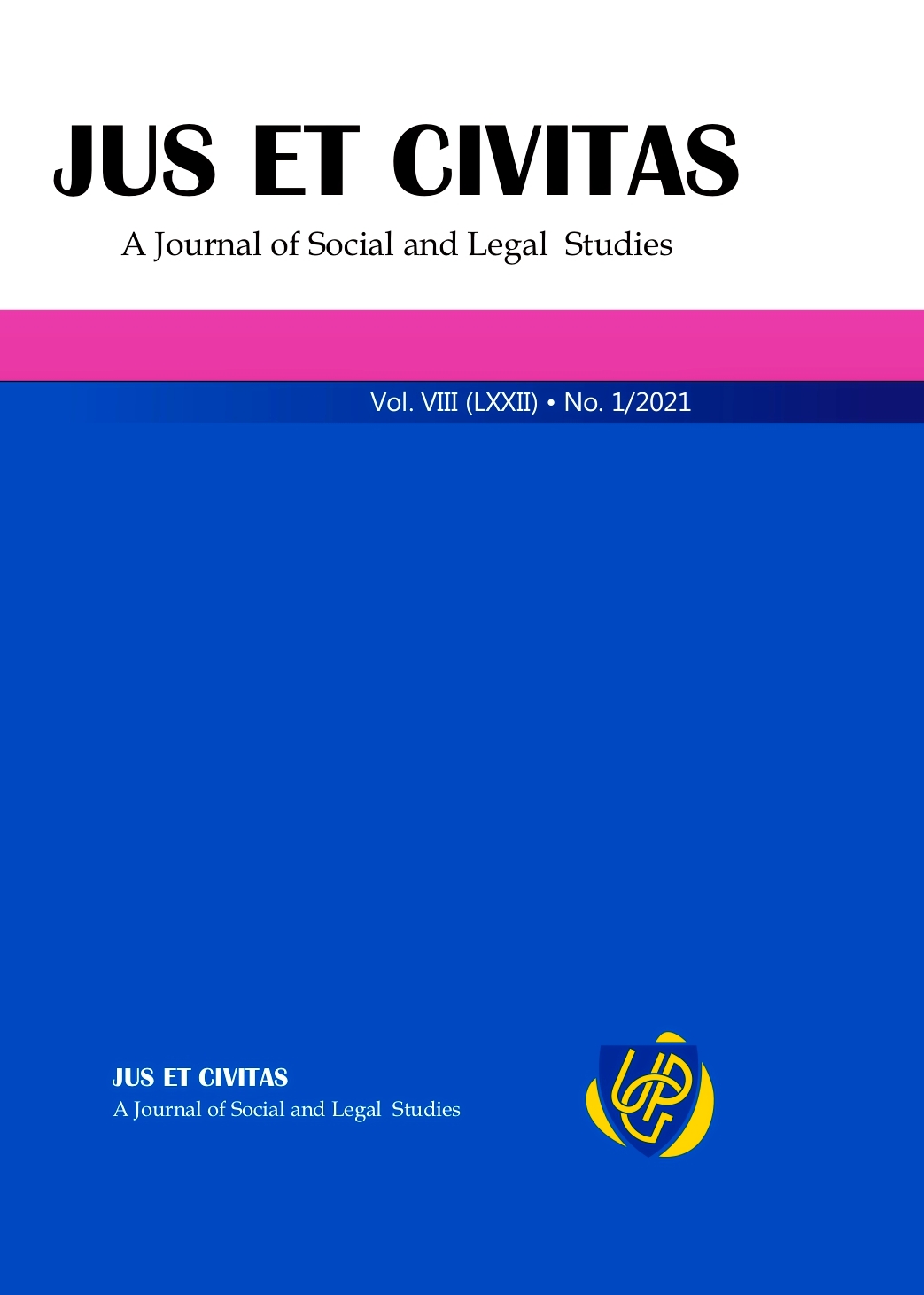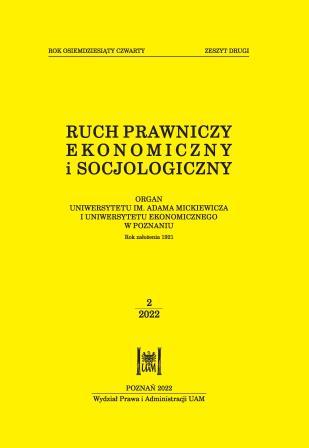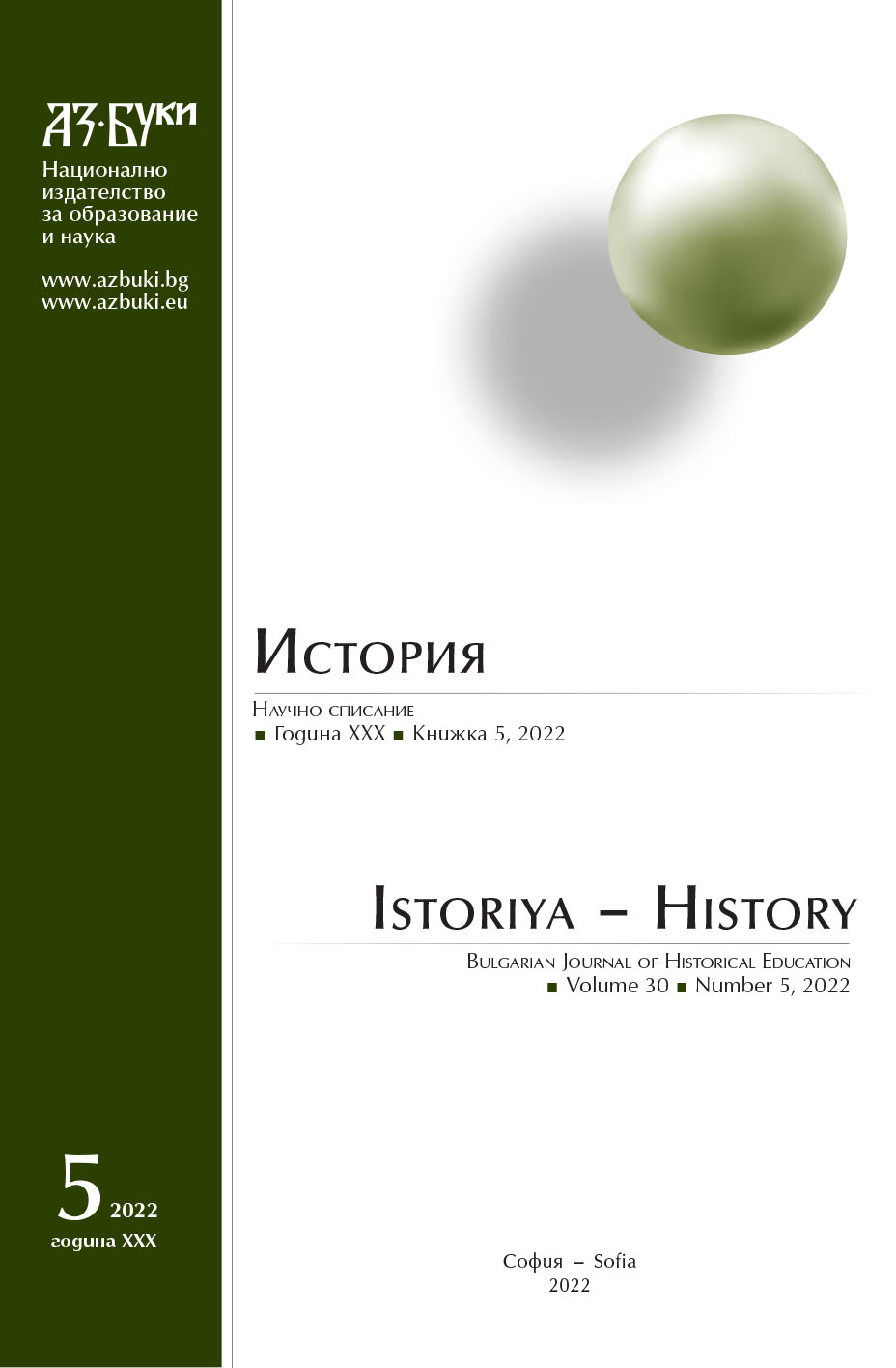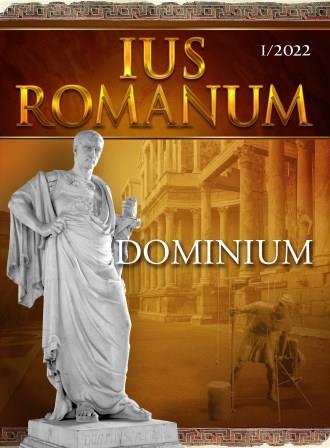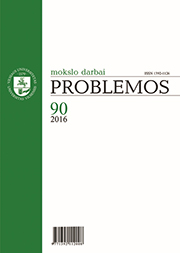
CRIMINALIZATION OF CORRUPTION: PHILOSOPHICAL AND LEGAL FACETS
The article discusses philosophical, historical and social issues of corruption. The authors analyse the peculiarities of perception of corruption in different paradigms of criminal justice: classical, positivistic, and constructionist, as well as its respective interpretation in terms of vice and sin, wrongful conduct, or conflict between public and private interests. The analysis presented allows to conclude that criminalization of corruption has its own legal logic and reflects existing social cultural context, and due to this reason cannot be considered to be a universal instrument of dealing with conflicts between public duties and private interests.
More...
